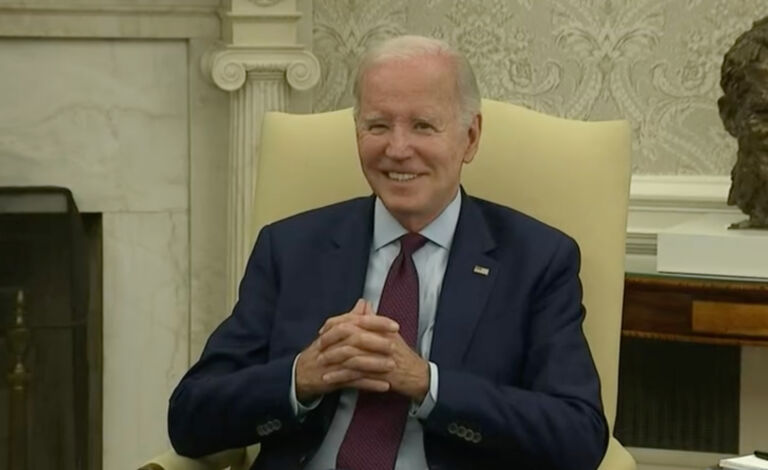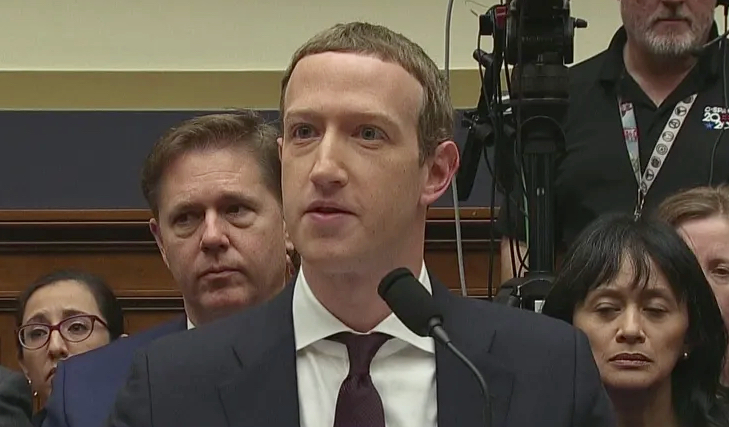Editors at National Review Online pan the Democratic presidential nominee’s approach toward energy.
Whoever’s job it is to tell Joe Biden what he thinks about oil is dropping the ball.
Biden has been all over the map. With an eye toward the corner of the map marked “Pennsylvania” (and, perhaps, the part marked “Texas”) Biden spent weeks emphasizing that, unlike some other Democrats, he has not supported a categorical ban on hydraulic fracturing, the modern extraction technology upon which most of the U.S. oil and gas industries depend.
But there is rather less to that position than meets the eye: For one thing, as president, Biden would not have the authority to simply categorically ban fracking coast to coast. He would, however, have the power to restrict fracking on federal lands — something Biden has, in fact, sworn to do. He describes his policy thus: “No fracking on federal land.” Biden often is less than clear in his speech, but that is clear enough.
The federal government owns 60 percent of the land in Alaska and almost half the land in the western states, as compared with 2.4 percent of the land in Biden’s native Delaware. Banning fracking on federal land would take hundreds of millions of subsurface acres out of play. It may very well be that Biden does not actually understand the seriousness of what he is proposing, but Americans should.
Not to worry, Biden says, nobody in the oil business is going to lose his job over this. Also, if you like your health insurance, you can keep your health insurance.
You will not be shocked to learn that there is some reason to doubt Biden’s sincerity in this matter. The administration in which he served as vice president promised as a matter of policy to “bankrupt” — Barack Obama’s word — the coal industry, and was an avowed enemy of fossil fuels.


